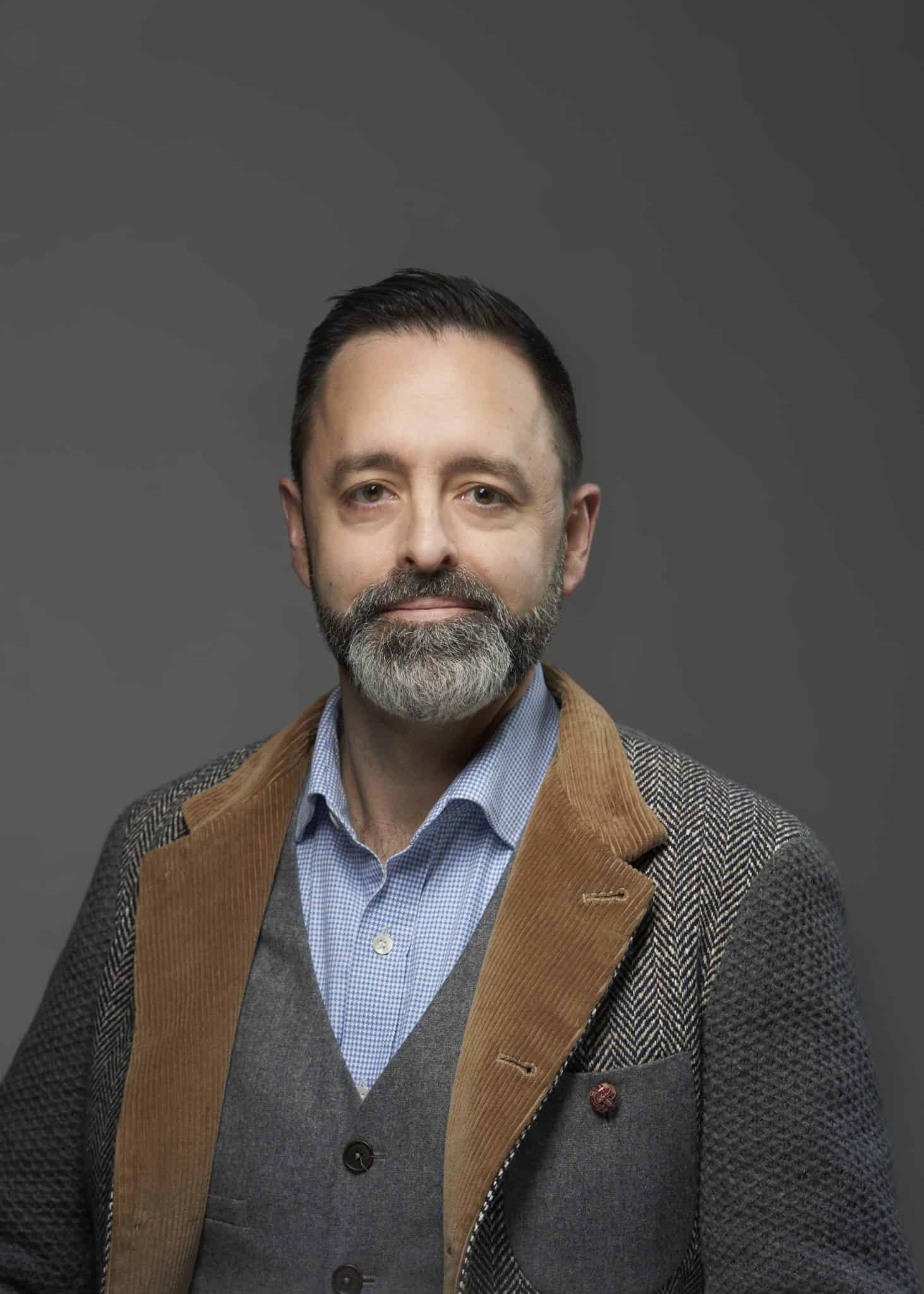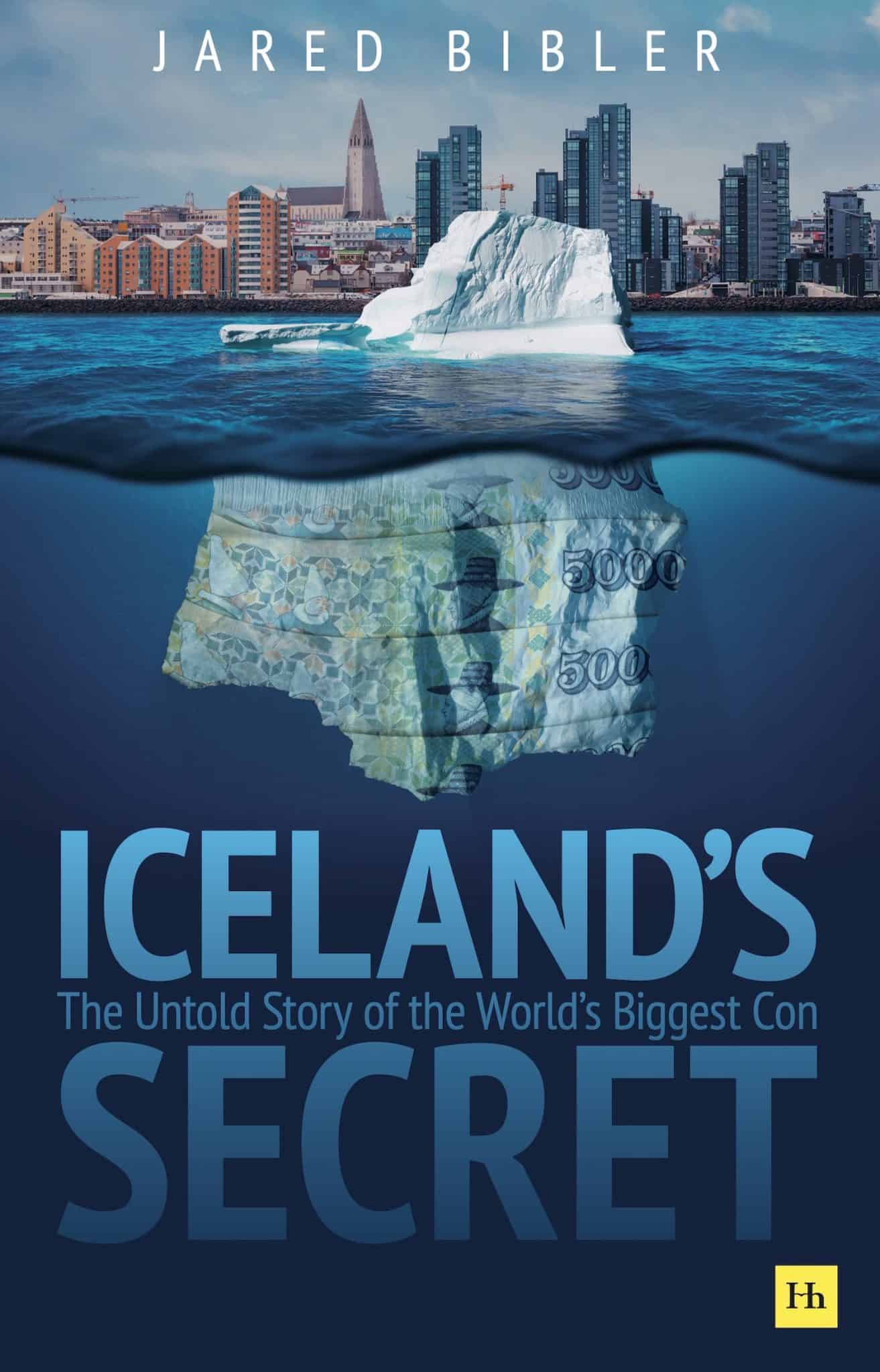Corrupt bankers are perpetrating multi-billion-pound financial crimes on an unprecedented scale but will NEVER be prosecuted because of their “Mafia-like” links with powerful politicians and regulatory bodies, Europe’s white-collar crime tsar has warned.
Rate-fixing, tax evasion, market rigging and money laundering are worse now than ever before and are “highly likely” to trigger the most devastating economic crisis in world history unless criminal charges are brought against rogue traders and their employers, it is feared.
The Bank of England previously vowed to crack down on foul play following the turmoil of the 2008 global economic meltdown and a wave of recent scandals.
Prison sentences for cheats found guilty of financial market abuse were increased from seven to 10 years, and employers, including banks, must now disclose details of wrongdoing in the references of errant staff to prevent them from simply changing firms.
But Jared Bibler, the lead financial investigator who brought three of Iceland’s largest banks to justice after uncovering the world’s largest stock market abuse scandals ever to be prosecuted, believes corruption and organised crime within and between financial institutions has INCREASED in recent years because of so few convictions.
With little real risk of prosecution, serious public scrutiny or regulatory oversight, banks and their senior employees remain “untouchable” and free to act with “reckless impunity”, he said.
Bibler, widely considered to be the leading authority on the prevention of organised crime within governments, NGOs and blue-chip firms, said: “In the years following the 2008 crisis, governments everywhere promised to learn their lesson by cutting corruption, removing cronyism, and improving transparency and accountability.
“But despite the big talk, very little has been done in that time to restore the public’s faith in the financial sector.
“Instead, cowboy banks and their rogue traders have continued to expand their Mafia-like relationships in the corridors of power and have become emboldened by the lack of criminal prosecutions.
“This has unquestionably led to the increase of serious financial crimes in the UK and elsewhere, including the misappropriation of Covid relief proceeds, and has increased the risk of a new catastrophic global recession dramatically.”

Speaking yesterday at the launch of his new book ‘Iceland’s Secret: The Untold Story of the World’s Biggest Con’—which lifts the lid on his role leading the investigation into the collapse of Iceland’s three largest national banks, Kaupthing, Landsbanki and Glitnir, and which led to more than 30 criminal cases being referred to the Special Prosecutor of Iceland—he added:
“Unless and until the authorities take firm action and set serious precedents, corrupt bankers will continue to act with reckless impunity”.
Concerns about the banking system—in the UK and internationally—follow a series of scandals that have led to the payment of billions in compensation and large-scale fines against financial institutions.
In 2014, the country’s most senior judge Lord Chief Justice Lord Thomas called for radical reform following the failure at the time of prosecuting authorities to bring criminal charges against a single banker or financier over the wrecking of the economy in 2007 and 2008.
The collapse of banks including Northern Rock, the Royal Bank of Scotland and HBOS cost the taxpayer scores of billions in bailout money, yet few City executives answered in court for the lapses and greed that led to more than five years of recession.
Since the catastrophe, Britain’s biggest banks – including Royal Bank of Scotland, Lloyds, Barclays and HSBC – have each received fines worth tens of billions of pounds for manipulating a range of financial markets, from Libor to gold and electricity prices.

Bibler, a former Wall Street consultant who was hired by Iceland’s Financial Supervisory Authority (FME) to head a special investigation team at the Icelandic markets regulator between 2009 and 2011, said systemic corruption within financial institutions is a “natural consequence” of the alleged ties between banks and government and regulatory officials.
In his experience, senior politicians are usually aware of banks’ foul play but “turn a blind eye” to it because of personal relationships and to avoid the risk of losing large political party donations.
Regulators, meanwhile, frequently fail to scrutinise allegations of wrongdoing thoroughly—or to recommend criminal action when they do—because their staff are paid so poorly in comparison with those they are investigating, he said.
By holding a bank or influential bank employee to account, the investigating officer is signing their own “career suicide note” and would never find future work in the more lucrative banking sector.
If the banks’ conduct continues to go unchecked, Bibler fears that a global recession is only a matter of years away.
Bibler, whose new book provides a rare insider’s look into one of the world’s largest financial scandals. added: “Make no mistake that the same unlawful and unethical behaviour that caused the 2007 and 2008 financial meltdown has continued unabated.
“Logic, if nothing else, dictates that a similar crash will occur in the coming years unless we can put a stop to this behaviour.”
Iceland’s Secret: The Untold Story of the World’s Biggest Con (Harriman House) is out now on Amazon in hardcover, eBook, and audiobook formats, priced £22.99, £14.99, and £16 respectively. Visit www.icelandssecret.com.

